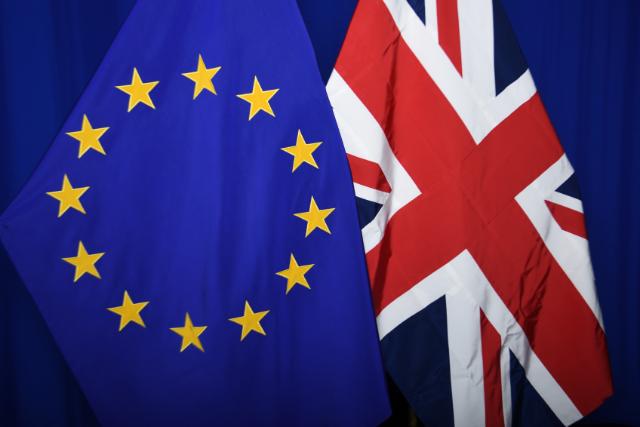The government will not charge customs duty on 87 per cent of imports under plans to protect supply chains in the event of a no-deal Brexit.
The move follows last night’s House of Commons vote which rejected Theresa May’s proposed Brexit deal for a second time. MPs are due to vote on a no-deal Brexit today (13th March).
This regime would apply for up to 12 months while a consultation and review on a permanent approach to tariffs is undertaken.
Tariffs would still apply to 13 per cent of imports, including:
![]() a mixture of tariffs and quotas on beef, lamb, pork, poultry and some dairy to support farmers and producers
a mixture of tariffs and quotas on beef, lamb, pork, poultry and some dairy to support farmers and producers
![]() tariffs on finished vehicles. However, car makers relying on EU supply chains would not face additional tariffs on car parts imported from the EU to prevent disruption to supply chains
tariffs on finished vehicles. However, car makers relying on EU supply chains would not face additional tariffs on car parts imported from the EU to prevent disruption to supply chains
![]() tariffs to provide support for UK producers against unfair global trading practices, such as dumping and state subsidies. Tariffs would be retained for these products, including certain ceramics, fertiliser and fuel
tariffs to provide support for UK producers against unfair global trading practices, such as dumping and state subsidies. Tariffs would be retained for these products, including certain ceramics, fertiliser and fuel
![]() tariffs on a set of goods, including bananas, raw cane sugar, and certain kinds of fish. These are designed to ensure preferential access to the UK market for developing countries.
tariffs on a set of goods, including bananas, raw cane sugar, and certain kinds of fish. These are designed to ensure preferential access to the UK market for developing countries.
The temporary import tariffs will not apply to goods crossing from Ireland into Northern Ireland.
Trade policy minister George Hollingbery said: “Our priority is securing a deal with the European Union as this will avoid disruption to our global trading relationships. However, we must prepare for all eventualities.”
Pauline Bastidon, FTA head of global & European policy said: “The crucial information released by Government today on tariffs applying to imports into the UK on day one in the event of a no deal Brexit is, frankly, long overdue. This is critical information for importers, who have been kept in the dark for too long in spite of repeated requests for transparency.
“The list of origin countries that will benefit from preferential access is also revealing in itself. With only 13 working days left until the UK’s scheduled departure from the EU, it is deeply concerning to get confirmation at this late stage that only a minority of EU trade agreements will have been rolled over. This not only represents an additional cost for importers, but is bad news for exporters too as it will limit access to preferential trade deals too. MPs should bear that in mind when asked to consider a no deal exit later today”.




